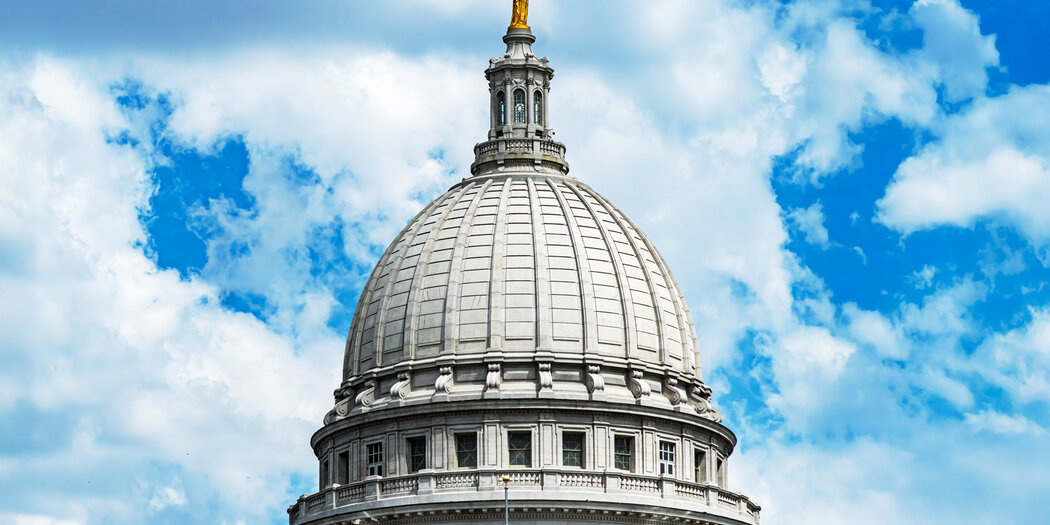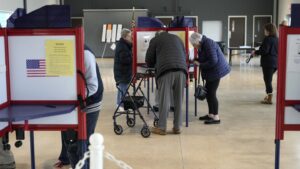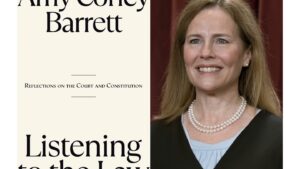Wisconsin Supreme Court Race: A Test of Political Influence and Judicial Independence
As the political landscape intensifies, the spotlight has turned to the Wisconsin Supreme Court race, described by The New York Post as “America’s most important election of the year.” This election, scheduled for April 1, pits liberal candidate Susan Crawford against conservative Brad Schimel. Though officially nonpartisan, the stakes are high, with the potential to shift the court’s current liberal majority.
Judicial elections have long been a contentious issue, with debates surrounding their efficacy. While some argue against them, citizens seem to value their ability to choose justices. However, these races have started to mirror the grueling atmosphere of presidential primaries, rife with attack ads and substantial funding from undisclosed sources.
The current Wisconsin race has become the most expensive judicial election in U.S. history. According to data from the Brennan Center, campaigns and committees have already spent $81 million, a week before the election. This follows the 2023 race, where a liberal candidate won decisively amid public discontent with the U.S. Supreme Court’s Dobbs decision on abortion rights.
The current political climate sees Republicans rallying around Schimel, bolstered by recent support from Donald Trump, who won the state not long ago. Conversely, Democrats aim to shift the narrative towards the influence of external figures like Elon Musk, whose America PAC has been actively involved, spending over $17 million and employing unconventional tactics like offering $100 to voters signing petitions against “activist judges.”
Both sides are heavily investing in the race. On the liberal front, national groups and individuals like George Soros have contributed millions to support Crawford, while conservative efforts, buoyed by dark money, have significantly outpaced direct contributions to Schimel’s campaign.
Amidst this financial influx, the issues of voting rights and fair representation loom large. The Wisconsin Supreme Court has previously dealt with partisan gerrymandering, and the election outcome could influence future decisions on electoral maps.
Reforming the judicial election process is crucial for maintaining public trust. Measures such as mandating full disclosure of campaign funding and reinforcing ethics rules to prevent conflicts of interest are essential. The Brennan Center also advocates for single-term limits for judges to diminish reelection pressures.
Campaign finance reforms are vital to ensuring judicial candidates represent the electorate rather than special interests. Public campaign financing stands as a promising solution to mitigate the sway of large financial contributions, as demonstrated in New York State.
The legality of these funding dynamics traces back to the U.S. Supreme Court’s Citizens United v. Federal Election Commission decision, which deregulated campaign finance. However, the Court has hinted at potential openness to more stringent rules for judicial elections, provided states implement corresponding laws.
The role of state courts is increasingly significant as federal courts retract from certain protections. They hold the potential to be defenders of liberty and democracy or risk becoming enmeshed in the political polarization fueled by dark money. Initiatives like the State Court Report project underscore the importance of strengthening state courts to uphold democratic values.






